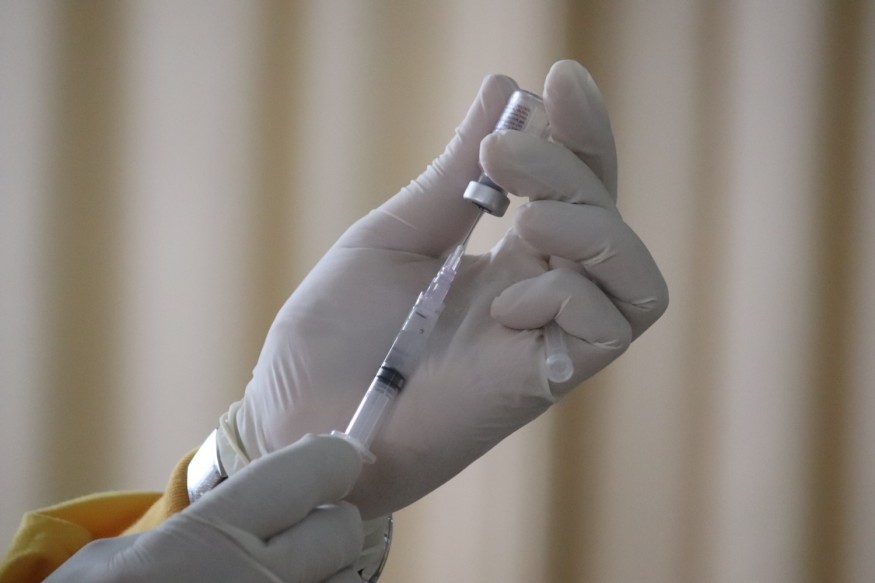
Vaccines are designed to prevent diseases before they can cause damage to the body with many of them varying on how early they can be administered. As such, a particular vaccine was approved for pregnant women, which helps prevent RSV-caused diseases for babies in their wombs.
Womb Baby Vaccine
This was the United States' first-ever vaccine that's capable of preventing Respiratory Syncytial Virus-caused diseases. The vaccine can be administered to pregnant women, and the effects would be felt by the baby in their womb.
RVA is known to cause lung and respiratory tract infections and is often common in children affected with the virus as young as two years old. The virus is also capable of affecting adults, although its effects could only be mild.
The shot was produced by Pfizer and can be used for older adults; but recently, it has gotten the go signal to be administered to pregnant individuals 32 to 36 weeks in their labor. The Food and Drug Administration (FDA) said the vaccine can protect infants from birth to six months of age.
The official estimates say the shot will help fight against the common microbe, which is known to cause hospitalization among infants and elderly in the tens of thousands yearly across the US alone. The RSV vaccine has been the subject of research since the 1960s, but only in the past decade has it been made possible through recent scientific breakthroughs.
Peter Marks, the FDA's Center for Biological Evaluation and Research director, said that RSV was a common cause of illness in children and infants. It also presents a high risk for severe diseases, which can lead to hospitalization.
Trial of the Vaccine
The approval comes after 7,000 pregnant women joined the clinical trial, revealing Abrysvo, the Pfizer vaccine, to be effective. The results showed a significantly reduced disease caused by RSV for the majority of babies.
82% of babies aged zero to three months showed the highest reduction in the severity of impact. The efficacy dropped but was still significant at 69% for babies aged zero to six months.
Previously, Abrysvo was approved for use on individuals aged 60 and up. An alternative to the Pfizer shot, Arexvy, which was made by GSK, also received FDA approval.
While RSV is known to cause mild cold-like symptoms, it can also result in more serious results like bronchiolitis and pneumonia. About 58,000 to 80,000 children under five years old suffer from RSV infection, leading them to be hospitalized.
The side effects of the vaccine were reported headache, nausea, and muscle pain felt by the pregnant women who received the Abrysvo shot at the injection site. The FDA also saw an imbalance in preterm births happening in 5.7% of those who received the vaccine versus 4.7% of those who only received the placebo.
RELATED ARTICLE : Is Gout Hereditary? Exploring the Genetic Origin of This Inflammatory Joint Condition and Its Connection to Urate Buildup
Check out more news and information on Medicine and Health in Science Times.












